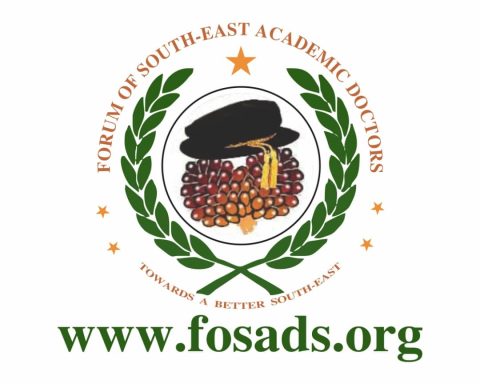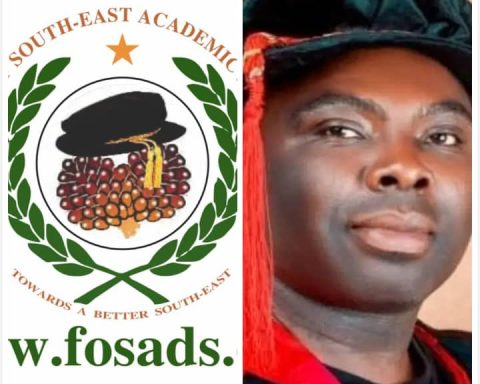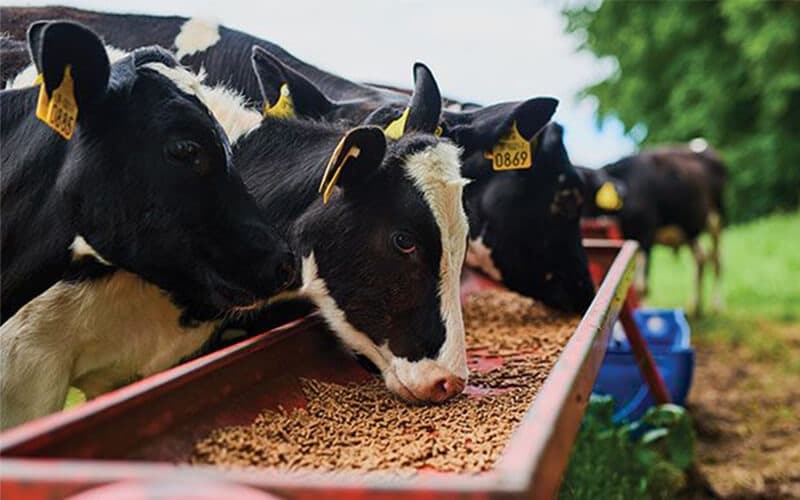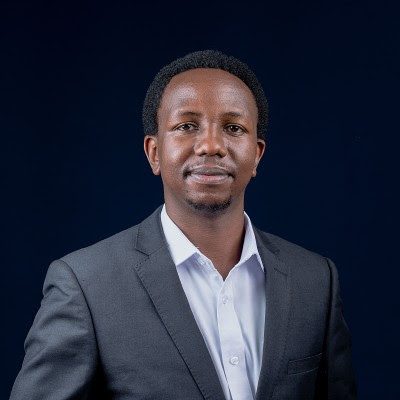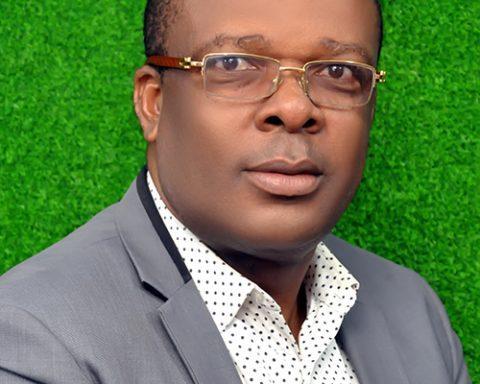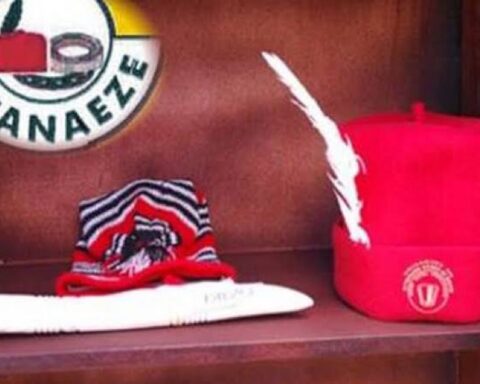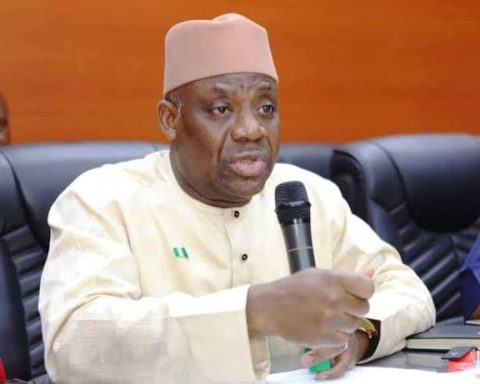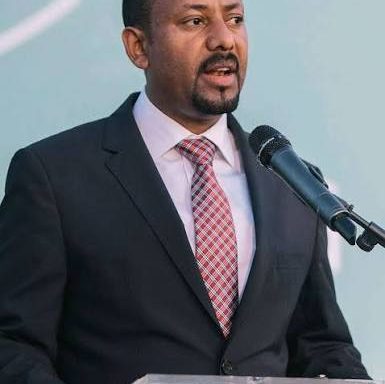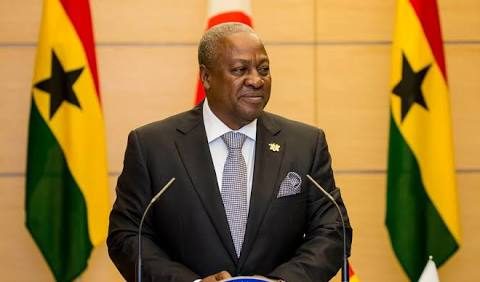In 2006, the Ifite-Ogwari community in Anambra State donated 120 hectares of land to Nnamdi Azikiwe University (UNIZIK) for the establishment of a Faculty of Agriculture. However, 19 years later, the land remains largely unused, symbolising a missed opportunity for Nigeria’s agricultural sector and costing the community an estimated N1.1 billion in lost food production.
Prime Business Africa had reported that 19 years ago, the Ifite-Ogwari community in Anambra State donated 120 hectares of farmland to UNIZIK for its Faculty of Agriculture. However, the site remains abandoned, symbolising missed opportunities amid Nigeria’s worsening food crisis.
Join our WhatsApp ChannelSpeaking on the issue, Chief Ogugua Okoye, a renowned community leader and commercial farmer at Ifite-Ogwari, revealed that approximately 56 families, including his, own about 120 hectares of land donated to UNIZIK.
![UNIZIK Ifite Ogawari Campus for Faculty of Agriculture Abandoned Promise: How UNIZIK's Neglect Of Ifite-Ogwari Campus Threatens Nigeria's Food Security [Video]](https://www.primebusiness.africa/wp-content/uploads/2025/03/UNIZIK-Ifite-Ogawari-Campus-Faculty-of-Agriculture.jpg)
He said: “We donated our land willingly because we were convinced that the establishment of the Faculty of Agriculture at Ifite-Ogwari would bring greater development and benefit to the whole community. We were promised employment at the farm, capacity building in new farming skills, and even admission of our children into the university as compensation for the donation. But none of these is coming to fruition.”
Okoye said that what is most painful is that, over the last 19 years, the said community has not been utilising the land for farming, nor has UNIZIK utilised it as promised.
He said that worse still is that some magnificent buildings on the campus have been left to decay due to non-utilisation. “Between 2015 and 2024, the university repeatedly made promises to relocate the faculty but found new excuses each time.”
Criminal Activities, Vandalism, and Bush Fires Threaten the Abandoned Faculty
The Ifite-Ogwari community also laments that the abandoned buildings are now posing security threats. Criminal activities and vandalism have become rampant, while bushfires threaten to damage the site. Also, agriculture students at UNIZIK are deprived of essential hands-on learning experiences.
The community has continued to demand answers: Why has UNIZIK not moved the faculty? Why is the land lying fallow? Why are lectures still held in Awka? The university must take immediate steps to fulfil its promise and revive this abandoned project.
HRH Igwe A.I. Ofuebe, the traditional ruler of Ifite-Ogwari, lamented that, after nearly two decades of donating the large expanse of land to UNIZIK for the development of a standard faculty of Agriculture, what ought to be a great opportunity for the University, the development of the community and Nigeria’s food security is yet a day dream.
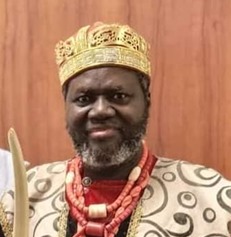
He urged UNIZIK to prioritise the full development of the 120 hectares of land to maximize the gift from his community, which is intended to aid learning, teaching, research, and food production.
The traditional ruler noted that the Ifite-Ogwari community is the food basket of Anambra State and by extension the Southeast Nigeria, and has donated such an expanse of land for the benefit of the university, the community, and the country.
The University Authority Responds
Professor Ifeyinwa Ebenebe, Dean of UNIZIK’s Faculty of Agriculture, addressed the concerns from the Ifite-Ogwari community regarding the underutilisation of the 120 hectares of land donated to the university 19 years ago. She argued that while land is essential, successful agricultural development requires labour, capital, and entrepreneurship.
The professor said that each of the seven departments of the faculty has its own distinct needs; some utilise the Ifite-Ogwari land for industrial training, while others require specialised facilities like livestock farms or confectionery units.
Prof. Ebenebe highlighted the absence of critical infrastructure, such as student hostels, staff quarters, and livestock buildings, attributing these deficiencies to limited financial resources and reliance on student contributions.
“Agriculture demands a comprehensive approach beyond mere land availability,” she explained.
READ ALSO: UNIZIK’s Faculty Of Agriculture Dean Addresses Allegations Of Abandonment
A statement showed that Ifite-Ogwari offered more than just land. Although the Dean has called for collaboration between the university and the Ifite-Ogwari community to advocate the necessary resources and infrastructure, a statement co-signed by the President-General (PG) of Ifite-Ogwari community, Engineer Peter Muonye, Chairman of the town’s Education Committee, Rev. Father Basil Ekwunife, and Secretary of the Committee, Dr Chima Onuekwe, on 31 October 2024 showed that they did more than just donate land.
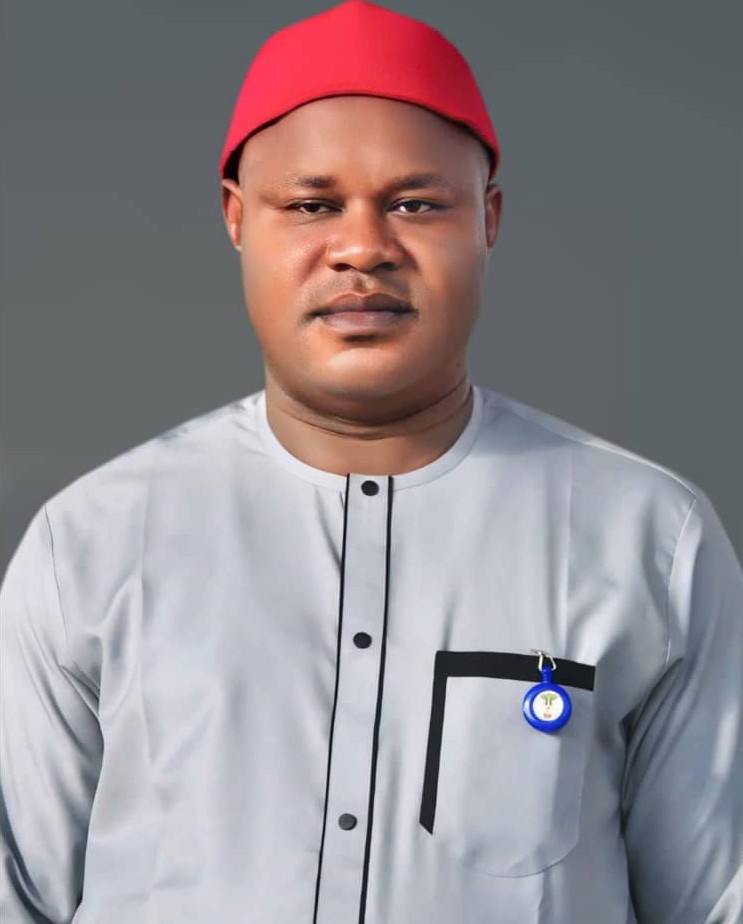
According to the statement, the community had provided free accommodation to staff and students, with some peasant farmers offering their only rooms, despite having to pay rent for their children in Awka. They dedicated community development funds from the Anambra State Government to build hostels for students.
They also facilitated the certificate of occupancy (CofO) for the land, a process that usually takes years, and convinced then-Governor Willie Obiano to waive the ₦17.5 million fee. They mobilised financial support for faculty operations, contributing over ₦4 million at different times. They secured government road construction leading to the faculty.
They provided land for students’ cooperative farming, hoping to encourage agro-economic activities. But despite these efforts, UNIZIK failed to uphold its end of the bargain.
The statement further showed that between 2015 and 2024, the university repeatedly made promises to relocate the faculty but found new excuses each time. Next, the absence of a take-off grant led the community to raise ₦1 million to facilitate the process. Still, the faculty never fully moved.
According to the PG of Ifite-Ogwari: “Under my leadership, the community has over-stretched itself in support of the operations of the faculty of agriculture at Ifite-Ogwari including renovation and dedication of a FADAMA building at Ifite-Ogwari for safe keeping of the Faculty’s implements and tools, sponsorship of the Faculty’s annual luncheon, among other responsibilities that ordinarily are not for the community.”
READ ALSO: Food Security In Nigeria: A National Priority For Economic Stability
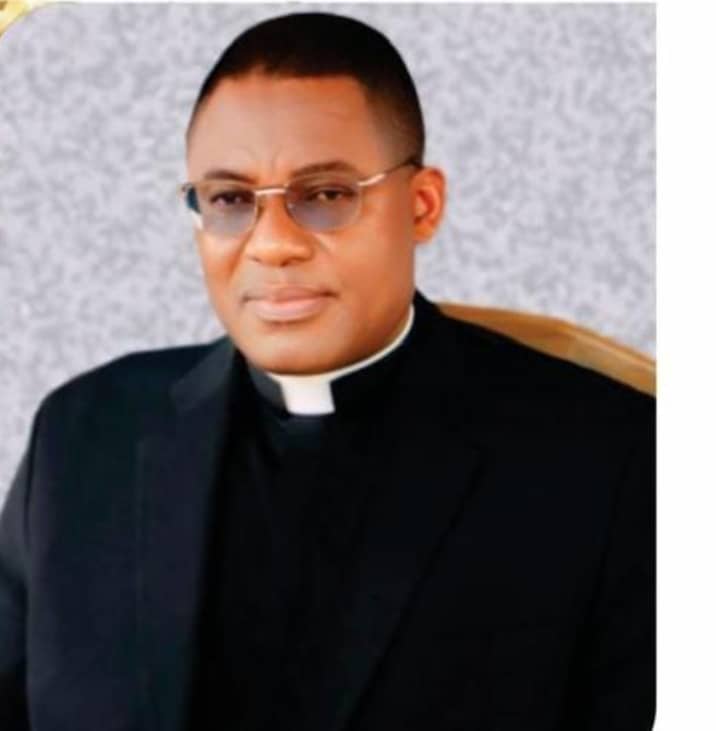
In the same vein, Fr. Basil Ekwunife, the Chairman of Ifite-Ogwari Education Committee said he was deeply disappointed with the pace of development at the Faculty of Agriculture at Ifite-Ogwari, despite the huge sacrifices that the community and indigenes have made in support of the University. According to the Catholic priest, “If any, there are few agricultural communities in today’s Nigeria that can donate 120 hectares of their arable land to a University, and finance its development the way that Ifite-Ogwari has done for close to two decades. It has become apparent that it is either the University is not ready to have a faculty of Agriculture with such a facility or is playing games with the community.”
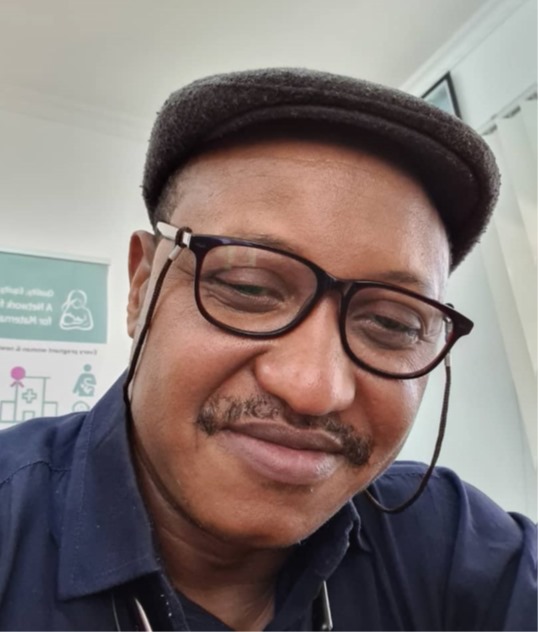
For Dr. Chima E. Onuekwe, Secretary of Education Committee: “If UNIZIK Faculty of Agriculture can scale through NUC accreditation processes all the time without any tangible evidence of practical activities for teaching and learning agriculture at Ifite-Ogwari campus, then there’s more to it than meets the eyes of onlookers. We are only urging the University to take over, possess this gift of arable land and do the needful to enhance learning for its students, research for its staff, the Ifite-Ogwari community and Nigeria’s food security.”
Reviving a Lost Opportunity: How UNIZIK Can Maximize the Ifite-Ogwari Farmland
UNIZIK has not relocated the faculty, leaving Ifite-Ogwari’s agricultural potential untapped. Its neglect has cost the community an estimated N1.1 billion in lost food production while Nigeria continues to grapple with a worsening food security crisis.
This neglect comes at a time when Nigeria faces a severe food crisis, with 26 million people experiencing acute hunger and food inflation at a 25-year high of 40.7. Yet, UNIZIK still has an opportunity to transform this abandoned project into a thriving agricultural centre.
Practical Steps for Revitalization
Immediate Deployment of Agricultural Programs: UNIZIK should initiate the relocation of core agricultural programs to Ifite-Ogwari, ensuring that students gain hands-on experience in farming, livestock rearing, and agribusiness. This will align the university’s curriculum with the realities of modern agriculture, providing students with practical skills.
Public-Private Partnerships (PPP): The university can collaborate with agribusinesses, non-governmental organisations, and government agencies to fund and develop large-scale farming projects. Investors in commercial agriculture would be keen to partner with an institution that provides land, labour (students), and research capabilities.
Utilisation of the Anambra River Basin Development Authority: The proximity of the Anambra River Basin Development Authority presents an opportunity for large-scale irrigation projects. By working with the agency, UNIZIK can ensure year-round agricultural activities, increasing food production and research into sustainable farming methods.
Development of a Research and Training Centre: Establishing a fully functional agricultural research and training centre will allow UNIZIK to become a leading institution in agricultural innovation. This centre can focus on improving crop yields, pest control, climate-resilient farming, and mechanised agriculture. It could also serve as a training hub for local farmers.
Commercial Farming for Revenue Generation: The university can launch commercial farming initiatives, growing crops such as rice, cassava, and maize while engaging in livestock production. This will generate revenue for UNIZIK while providing a sustainable food supply chain for the local economy.
Engagement with the Ifite-Ogwari Community: To rebuild trust, UNIZIK must re-engage with the Ifite-Ogwari community. This includes offering employment opportunities, capacity-building programs, and scholarships for local youth who wish to study agriculture. The community’s continued support is crucial to the success of this project.
Government Intervention and Policy Advocacy: UNIZIK should actively seek support from the Anambra State and Federal Governments, advocating for policies that encourage university-led agricultural initiatives. Grants and subsidies for agricultural research and production could provide much-needed financial backing.
While navigating the aforementioned steps, UNIZIK should learn from institutions like Tanzania’s Sokoine University of Agriculture, which has successfully integrated research with practical farming. UNIZIK could do the same.
The Time to Act is Now: With the right approach, the university will not only fulfil its initial promises but will also make significant contributions to food production, job creation, and research-driven solutions for Nigeria’s agricultural sector.
Nigeria cannot afford to waste valuable agricultural land when millions of its citizens face food insecurity. UNIZIK still has an opportunity to redeem itself by turning Ifite-Ogwari into a centre of agricultural excellence.
Dr Mbamalu, a Jefferson Journalism Fellow and Member of the Nigerian Guild of Editors, is the publisher of Prime Business Africa
Dr. Marcel Mbamalu is a distinguished communication scholar, journalist, and entrepreneur with three decades of experience in the media industry. He holds a Ph.D. in Mass Communication from the University of Nigeria, Nsukka, and serves as the publisher of Prime Business Africa, a renowned multimedia news platform catering to Nigeria and Africa's socio-economic needs.
Dr. Mbamalu's journalism career spans over two decades, during which he honed his skills at The Guardian Newspaper, rising to the position of senior editor. Notably, between 2018 and 2023, he collaborated with the World Health Organization (WHO) in Northeast Nigeria, training senior journalists on conflict reporting and health journalism.
Dr. Mbamalu's expertise has earned him international recognition. He was the sole African representative at the 2023 Jefferson Fellowship program, participating in a study tour of the United States and Asia (Japan and Hong Kong) on inclusion, income gaps, and migration issues.
In 2020, he was part of a global media team that covered the United States presidential election.
Dr. Mbamalu has attended prestigious media trainings, including the Bloomberg Financial Journalism Training and the Reuters/AfDB Training on "Effective Coverage of Infrastructural Development in Africa."
As a columnist for The Punch Newspaper, with insightful articles published in other prominent Nigerian dailies, including ThisDay, Leadership, The Sun, and The Guardian, Dr. Mbamalu regularly provides in-depth analysis on socio-political and economic issues.




